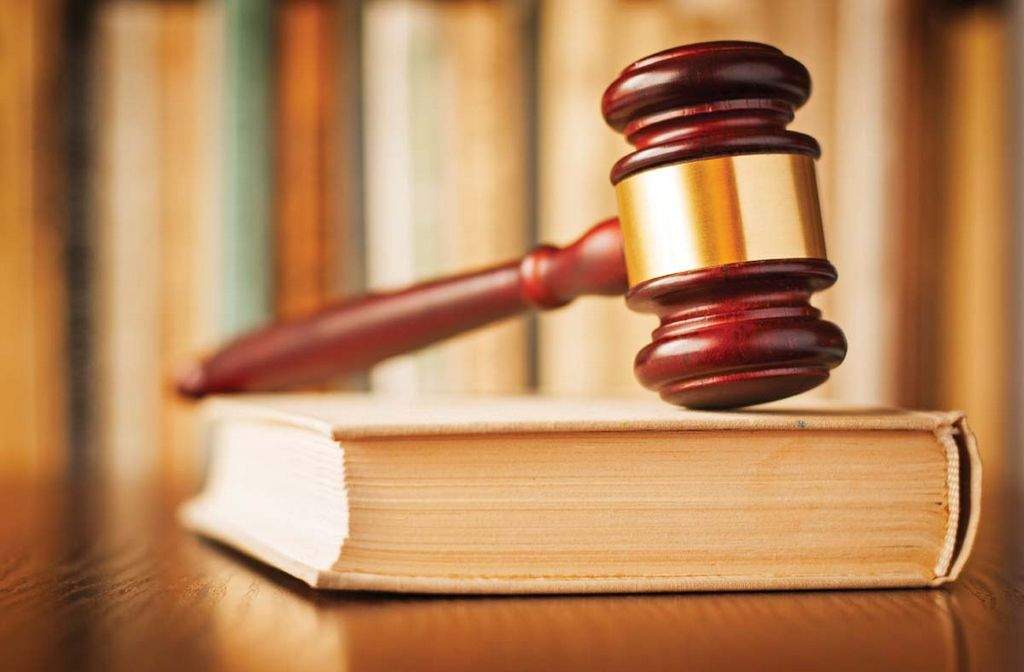Discover How You Can Get Information From A Hospital’s “Peer Review” Investigation In Kingston, New York
Hospitals
Hospitals in New York are required to have a “Quality Assurance Committee” to investigate medical mishaps that occur at the hospital, under New York’s Public Health Law section 2805-j. This committee is responsible for reviewing the services rendered by the hospital in order to improve the quality of care.
The statutory definition of a “hospital” in Public Health Law section 2801(1) includes a general hospital, public health center, diagnostic center, treatment center, dental clinic, rehabilitation center or a laboratory serving one or more of these facilities.
When must the hospital investigate?
Hospitals must investigate a variety of incidents that affect patient care under the law (Public Health Law section 2805-l and 10 N.Y.C.R.R. section 405.8). The incidents that must be investigated include: a patient’s death or impairments in bodily functions in circumstances other than those related to the natural course of illness or disease, equipment malfunction during the treatment or diagnosis of a patient that did or could have adversely affected a patient, poisoning occurring within the hospital, and patient elopements (i.e., unauthorized patient departures).
What records are kept by the hospital?
The hospital must complete a report of the incidents and submit a report of the investigation to the state Department of Health within 24 hours of its completion. The hospital must keep all documents and records arising from these functions at the hospital.
Can you get the records of the investigation from the hospital?
New York statutes protect the confidentiality of the records of the hospital investigation. The confidentiality covers the reports, documentation and committee actions or records required under sections 2805-j and 2805-k of the Public Health Law. It also protects persons in attendance at peer review functions from being compelled to testify as to what happened at the meeting. Public Health Law section 2805-m.
Education Law section 6527(3) specifically exempts three categories of records from disclosure: (1) records generated from medical review and quality assurance functions, (2) those generated from participation in a medical or dental malpractice prevention program, and (3) incident reports filed with the state Department of Health, as required by Public Health Law section 2805-l, or Mental Hygiene Law section 29.29 if the hospital is a psychiatric facility. The statutes give “complete confidentiality” to the documents under Public Health Law section 2805 and Education Law 6527.
What information can you get from the hospital investigation?
Although the records and documents from the hospital’s investigation are confidential, testimony may be compelled from an individual who attended a peer review meeting if the person is also a party to an action and the subject matter of the action was reviewed at the meeting. Public Health Law section 2805-m. The limited exception to the confidentiality of the hospital investigation applies to statements made by a party to a lawsuit in the course of a peer review investigation concerning the subject matter underlying the lawsuit.
Public Health Law section 2805-m(2) provides that: “No person in attendance at a meeting of any such committee shall be required to testify as to what transpired thereat. The prohibition relating to the discovery of testimony shall not apply to the statements made by any person in attendance at such a meeting who is a party to an action or proceeding the subject matter of which was reviewed at such meeting.” Thus, if you sue a physician in a medical malpractice lawsuit and this physician makes a verbal or written statement at the investigation of the Quality Assurance Committee, the statement is not confidential. You are entitled to full disclosure of the written or verbal statements made by the defendant/physician at the meeting of the Quality Assurance Committee.
A hospital may also waive the privilege by failing to demonstrate that the requested records were actually generated and used as part of the formal peer review process.
What you can do if you have any questions
If you have any questions or want more information, consult a dedicated attorney right away.
